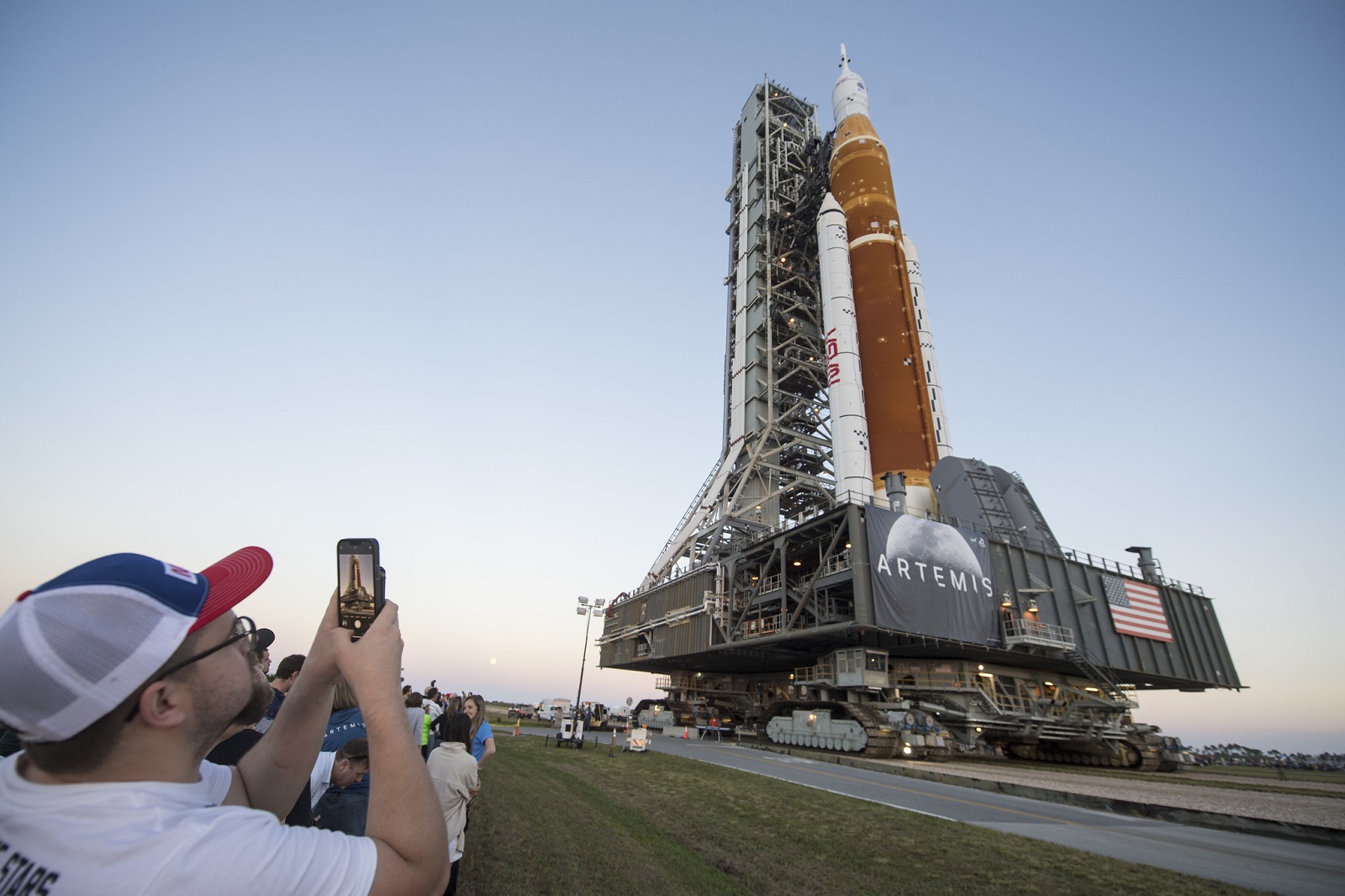What’s taking NASA to the moon again? Just curiosity, mostly + Charles Dickens’ unpublished letters going on display in the British Museum

Why is NASA going to the moon again? NASA’s Artemis I rocket launch, which was scheduled for yesterday, as we noted this morning, was canceled due to a technical issue in one of the rocket’s four engines, the Wall Street Journal writes. A second launch will be attempted on Friday. But what would prompt the space agency to spend close to USD 100 bn for another moon landing? Certainly not a mere bout of nostalgia. Renewed interest in the moon is primarily due to the discovery of frozen water in several impact craters on its surface. But that is not all as the New York Times previously reported.
There are several reasons for a second moon landing: “The moon is in some sense a Rosetta Stone,” David A. Kring of the Lunar and Planetary Institute said. Its desolate conditions preserve rocks perfectly and allow us to peer through hundreds of mns of years and deepen our knowledge of our solar system. On another level, Artemis I could be perfect practice to expand human spaceflight ambitions: Through space to further planets like Mars, but also towards a greater inclusion of women and people of color on these missions. Political motivations are also key as China hopes to install a lunar base in the 2030s, the pressure to compete rises in the US. Ultimately, however, this all points in one direction as NASA administrator Bill Nelson put it: “We explore because that’s part of our nature.”
Eleven unpublished letters penned by Charles Dickens will be displayed for the first time in his museum. The letters were acquired in 2020 by the Charles Dickens Museum and are part of a larger collection of 300 items including books, sketches and personal items, the BBC writes. The letters are particularly fascinating because they offer us a glimpse into Dickens’ mind from his 30s to his 50s.
Museum curator Emily Dunbar argues that some of the author’s personal writing demonstrates his awareness of his great fame and self-importance. Dunbar specifically refers to a letter Dickens wrote in February of 1866. In this missive, the Oliver Twist author objects to the interruption of his epistolary endeavors due to a Sunday postal service cancellation and feels “so hampered by the proposed restriction that I think it would force me to sell my property here.”